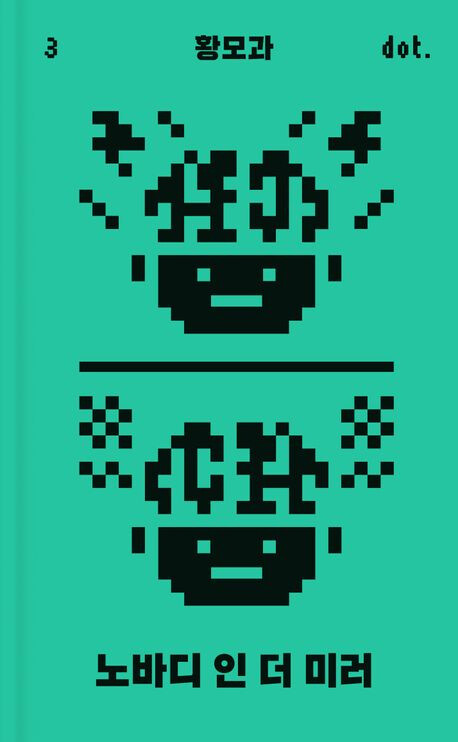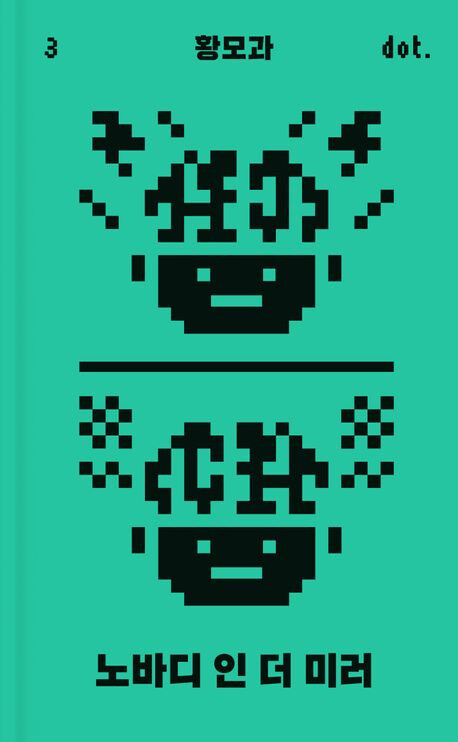Courtesy of Arzak
In Hwang Mo-gwa's recent science fiction novel, "Nobody in the Mirror," the narrative unfolds with a compelling premise: "The husband, declared brain dead, returned home today as an entirely different person."
 |
| ▲ Courtesy of Arzak |
The storyline revolves around a wife whose husband, following a declaration of brain death, undergoes a brain rehabilitation procedure known as "brain pairing." Upon his return home, the husband exhibits his former memories but manifests an entirely different personality.
The narrator keenly observes her husband, with the same face but an unfamiliar expression, standing before the entrance and awkwardly seeking permission to enter. The in-laws, attempting to carry on as usual, overlook the perplexing scenario.
Despite possessing his previous memories, the husband rejects the notion of amnesia, asserting that the memories lingering in his mind are not his own.
Initiated by a sci-fi imagination, the story delves into various themes, including selfhood, identity, and gender issues.
In the author's note, Hwang reflects on the novel's core theme: "Personally, disconnection is an important issue. ... When all aspects of one's life, including identity, career, achievements, and possessions, cease to exist, how can one still take pride in life?”
Adding to his literary credentials, Hwang was appointed operations director at the Science Fiction Writers Union of the Republic of Korea (SFWUK) on Monday.
Sayart
Blue YIM, yimyoungseo1010@naver.com
Hwang Mo-gwa's Latest Science Fiction Offering Explores the Impact of Advanced Brain Rehabilitation
Courtesy of Arzak
In Hwang Mo-gwa's recent science fiction novel, "Nobody in the Mirror," the narrative unfolds with a compelling premise: "The husband, declared brain dead, returned home today as an entirely different person."
 |
| ▲ Courtesy of Arzak |
The storyline revolves around a wife whose husband, following a declaration of brain death, undergoes a brain rehabilitation procedure known as "brain pairing." Upon his return home, the husband exhibits his former memories but manifests an entirely different personality.
The narrator keenly observes her husband, with the same face but an unfamiliar expression, standing before the entrance and awkwardly seeking permission to enter. The in-laws, attempting to carry on as usual, overlook the perplexing scenario.
Despite possessing his previous memories, the husband rejects the notion of amnesia, asserting that the memories lingering in his mind are not his own.
Initiated by a sci-fi imagination, the story delves into various themes, including selfhood, identity, and gender issues.
In the author's note, Hwang reflects on the novel's core theme: "Personally, disconnection is an important issue. ... When all aspects of one's life, including identity, career, achievements, and possessions, cease to exist, how can one still take pride in life?”
Adding to his literary credentials, Hwang was appointed operations director at the Science Fiction Writers Union of the Republic of Korea (SFWUK) on Monday.
Sayart
Blue YIM, yimyoungseo1010@naver.com
Related articles
- Winter Festivals Draw Crowds to Pocheon and Hwacheon in South Korea
- Cho Ye-eun Explores Dystopian Realms in Latest Novel
- Cultural Heritage Administration Expands Mobile Museums to Enhance Access
- Winners Revealed at the 20th Korea Image Awards 2024
















